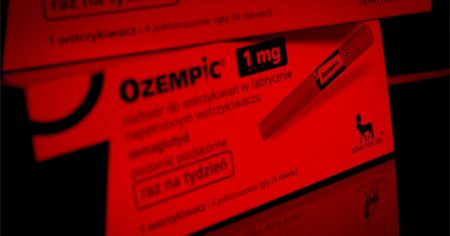A new study has found a bidirectional relationship between depression and memory loss. It was discovered that individuals with greater depressive symptoms experienced accelerated memory loss, while significant memory loss resulted in a higher level of depressive symptoms. The research analyzed data from over 8,000 participants aged 50 or older over a span of 16 years. This relationship between depression and memory decline may have profound implications for therapeutic interventions for older adults living with these conditions.
Experts note that the pathology of depression and memory loss overlap within the brain. The study suggests that viewing the two conditions as two sides of the same coin could lead to improved treatments for those suffering from depression, memory loss, or both. Prior to this study, researchers had been looking at depression and memory loss independently, but it has long been known that memory and mood are strongly linked. The study found that activity in the prefrontal cortex and hippocampus is similar in both conditions, as they share key neurotransmitters involved in mood regulation and memory formation.
Depression and memory loss have chemistry in common, involving the dysregulation of neurotransmitters such as serotonin, norepinephrine, and dopamine, which play crucial roles in mood regulation and cognitive abilities. The imbalance of these neurotransmitters in depression can impair synaptic plasticity and lead to reduced neurogenesis in the hippocampus. High cortisol levels that often accompany depression can also threaten the growth and survival of neurons in the hippocampus, while inflammation-induced neurotoxicity may contribute to cognitive deficits observed in individuals with depression.
Dementia may cause mood and behavioral changes, while depression can lead to forgetfulness, causing confusion between these two related conditions. Depression, especially in older individuals, can cause insomnia, which deprives the brain of the critical memory consolidation that occurs during deep sleep. This cognitive impairment can lead to increased frustration, stress, and feelings of isolation, exacerbating depressive symptoms. The findings of this study have significant implications for future treatment approaches, emphasizing the need for integrated treatments for depression and memory loss rather than treating them in isolation.
Treatment approaches that address both depression and memory loss simultaneously may be beneficial for older adults experiencing both conditions. Incorporating physical activity into treatment plans may be particularly effective, as exercise has been shown to benefit both the aging body and the aging brain. A future therapy could involve consulting with a doctor to receive a prescription for physical therapy, providing structure, motivation, and social interaction that can help individuals combat depression and improve memory function. Overall, an interdisciplinary approach involving psychologists and neurologists may be key to developing new and effective treatment strategies for individuals living with depression and memory loss.














